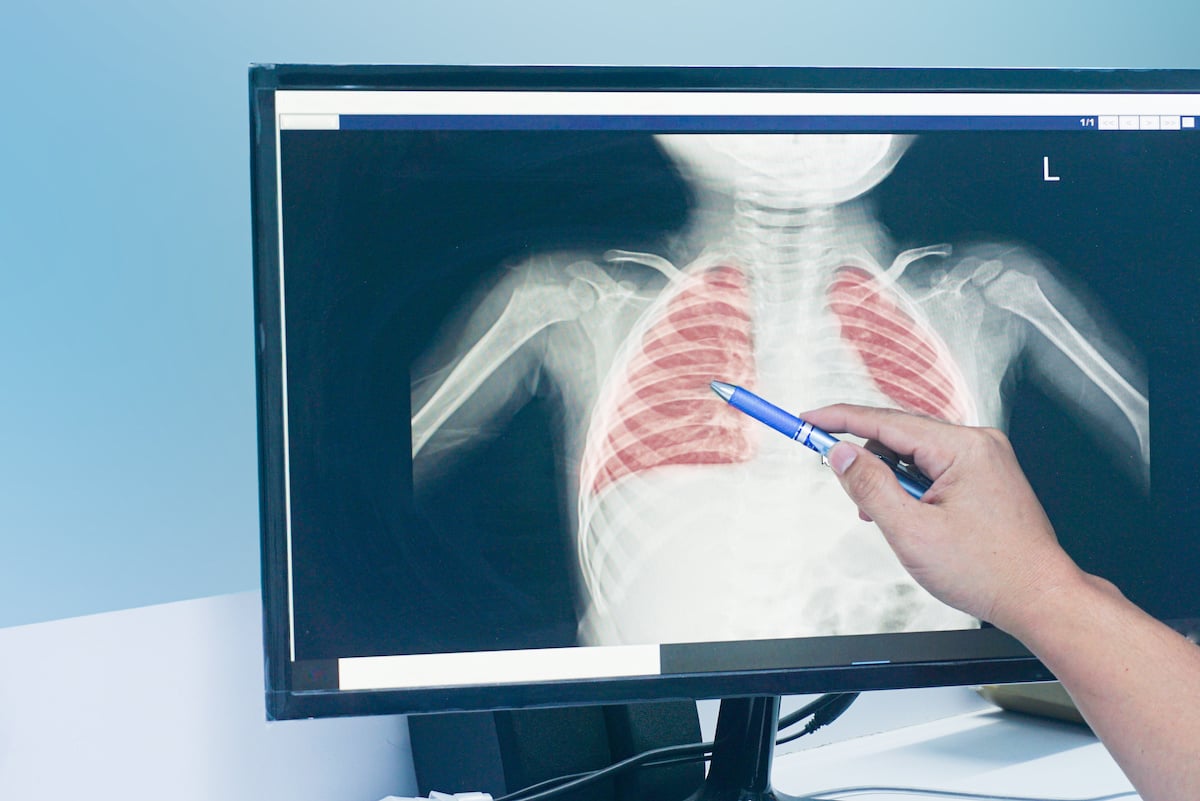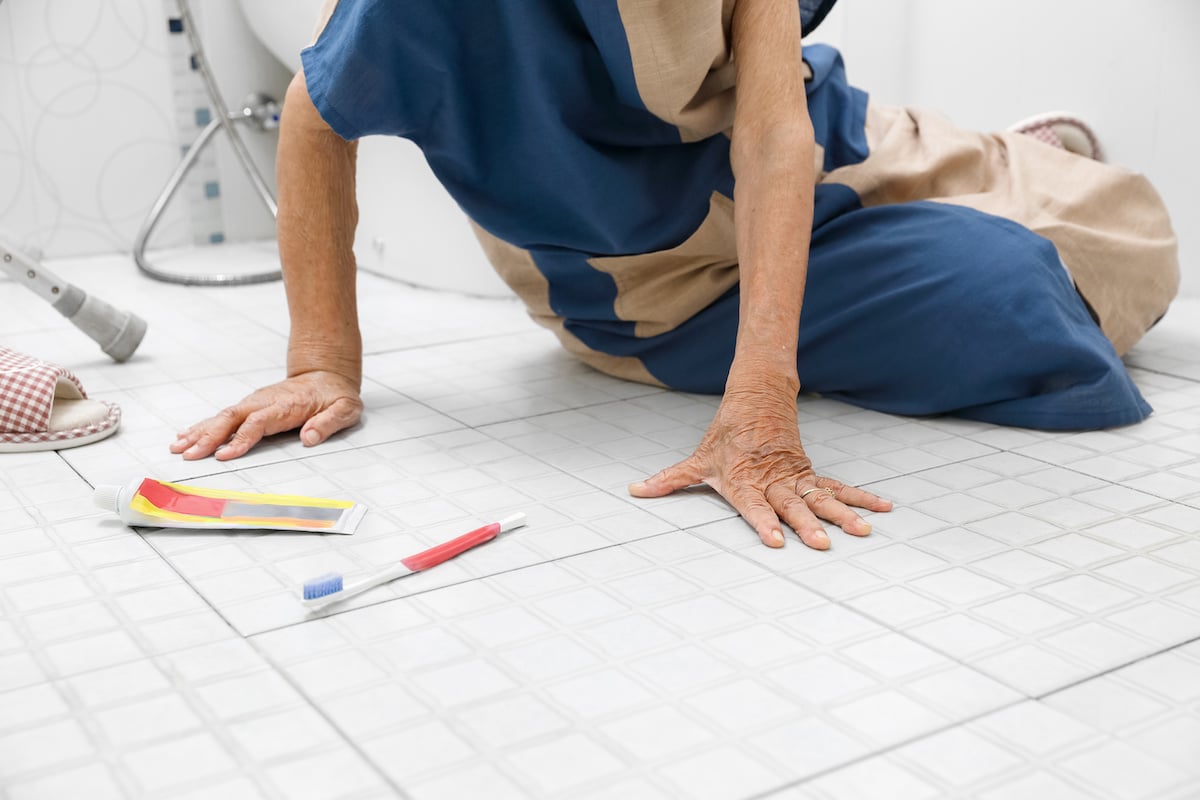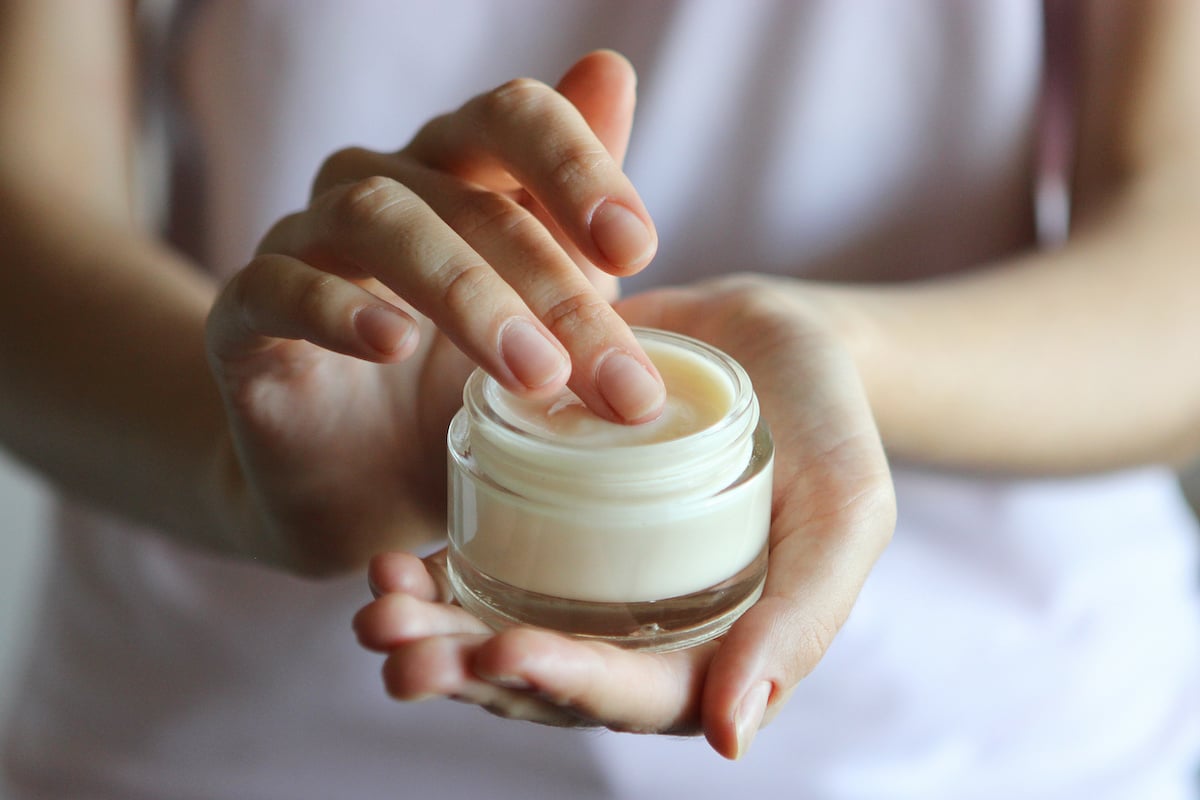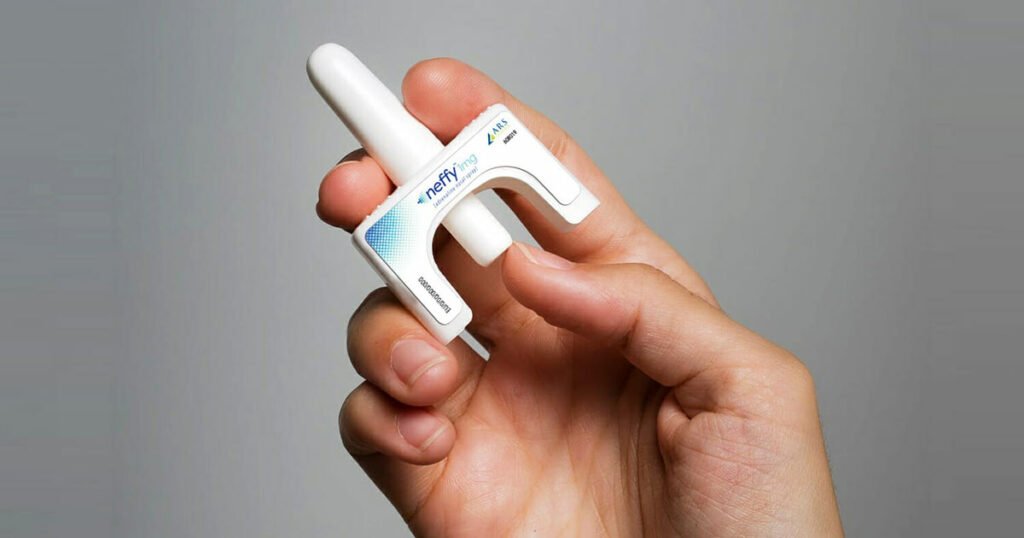
Kids more often get the psychiatric care they need if they live in states that mandate insurance coverage for child mental health care, a new study confirms. Parents and caregivers were 20% less likely to say they’d had trouble getting mental health services for a child if they lived in states with comprehensive laws around… read on > read on >






























